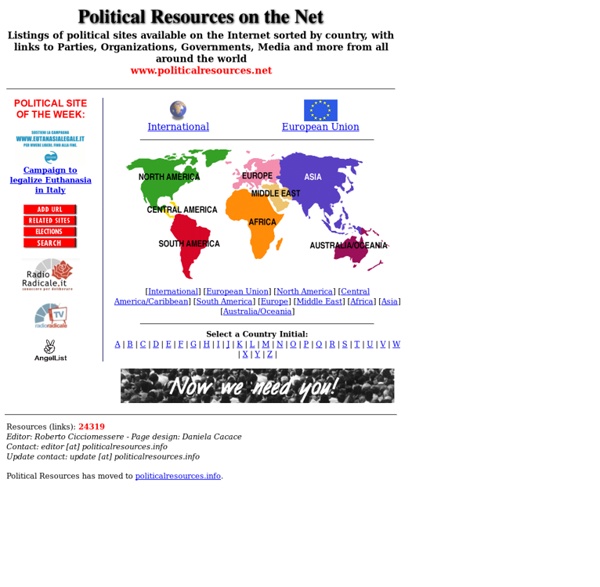



Category:P2P State Approaches This section will be further developed: Hilary Wainwright: Co-Creative Labor, Productive Democracy and the Partner State; a very important text to reset government policies for the p2p age. The 3 parts cover: 1 A value revolution in labor; 2 Re-constituting industrial strategies based on co-creative labor; 3 The Co-Creative Economy needs a Partner State Michel Bauwens: Tommaso Fattori: Vasilis Kostakis: At the Turning Point of the Current Techno-Economic Paradigm: Commons-Based Peer Production, Desktop Manufacturing and the Role of Civil Society in the Perezian Framework. tripleC 11(1): 173-190, 2013. Help us develop the following concepts: Other key concepts: David Ronfeldt on the Assurance Commons Public-commons partnership is a means of de-privatization while public-private partnership is a means of privatization. - Poor Richard (Facebook, October 2012) Commons-Public rather than Public-Commons "We should link up social-public partnership and Commons-Public Partnerships. - Pat Conaty
Home globalEDGE - Your Source for Global Business Knowledge Keele Guides to Internet Resources Government and Politics on the Internet from the School of Politics, International Relations & Philosophy Keele University These guides are designed to help researchers and students of politics. The Keele Guides to Government & Politics In [United Kingdom/England & Wales] [Scotland].. Keele Guides to [Constitutions].. Also [Disasters and Emergency Management] Imagining Collectively Intelligent Communitie The Co-Intelligence Institute CII home // CIPolitics home When I imagine visiting some idealized collectively intelligent community of the future, I come up with something like the following. This vision is only one of many that are possible -- some of which would undoubtedly be even more co-intelligent. Physical arrangements and structures. Practices and rituals. 80% of the members of the community participate in at least one (and usually several) of the hundreds of "open space" gatherings held each year. Beliefs, reality and values. The group story. Relationships and power. Leadership and initiative. Information and feedback. Collective support for individual co-intelligent improvement. Resources for the group's intelligence. The collective field.
GlobalResearch.ca - Centre for Research on Globalization The Online Books Page Listing over 3 million free books on the Web - Updated Thursday, May 13, 2021 Search our Listings -- New Listings -- Authors -- Titles -- Subjects -- Serials We reach Public Domain Day, and 3 million titles -- Blog (Everybody's Libraries) -- Latest Book Listings A Celebration of Women Writers -- Banned Books Online -- Prize Winners Online General -- Non-English Language -- Specialty About Us -- FAQ -- Get Involved! Edited by John Mark Ockerbloom (onlinebooks@pobox.upenn.edu) OBP copyrights and licenses Portal:Politics From Wikipedia, the free encyclopedia Politics are the process and method of gaining or maintaining support for public or common action: the conduct of decision-making for groups. Although it is usually applied to governments, political behavior is also observed in corporate, academic, religious, and other institutions. Political science is the field devoted to studying political behavior and examining the acquisition and application of power, or the ability to impose one's will on another. The European Union is an international organization of 27 European states, established in 1992. Purge server cache
What Have We Done Wrong/Right in the War on Terror There's a terrific piece in the National Journal today, adding up the costs of the "war on terror" and pointing out that unlike some other costly wars in American history, this one has produced almost no economic benefits. That is, unless you think people standing in TSA lines are using those idle minutes (hours?) to dream up lots of innovative new ideas that will fire up the U.S. economy. If we had a rational discourse on this subject, it ought to provoke two questions. The second question would be: which responses to 9/11 have worked well, and which policies have proven to be costly failures? That is how a mature great power would deal with the vast and costly response that began on 9/11: it would try to learn the right lessons from the past decade so that it did better the next time it faced an unexpected challenge.
The University of Oklahoma College of Law: A Chronology of US Historical Documents Links marked with an asterisk (*) are to other websites and will open in a new window. Pre-Colonial To 1600 The Magna Carta (1215) Letter from Christopher Columbus to the King & Queen of Spain (1490's) The *Iroquois Constitution 17th Century 18th Century The Albany Plan of 1754 The Resolutions of the Stamp Act (Oct. 19, 1765) 19th Century First Inaugural Address of President Thomas Jefferson (1801) Second Inaugural Address of President Thomas Jefferson (1805) The *Thomas Jefferson Papers at the Library of Congress *Thomas Jefferson Online Resources at the University of Virginia Information on *Monticello First Inaugural Address of President James Madison (1809) Second Inaugural Address of President James Madison (1813) The text of the Star Spangled Banner (Sept. 20, 1814) First Inaugural Address of President James Monroe (1817) Second Inaugural Address of President James Monroe (1821) The Monroe Doctrine (Dec. 2, 1823) Inaugural Address of President *Rutherford B.